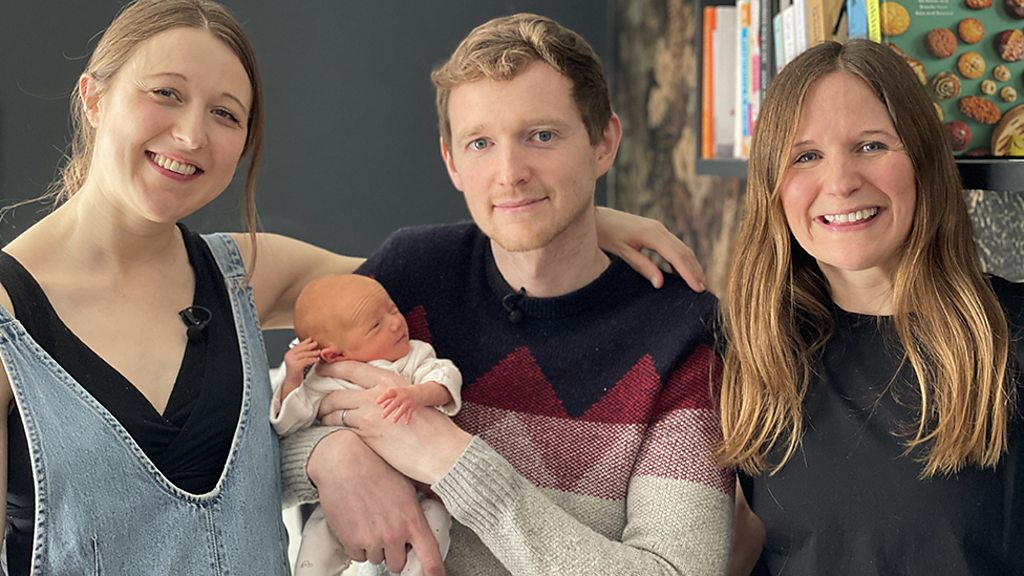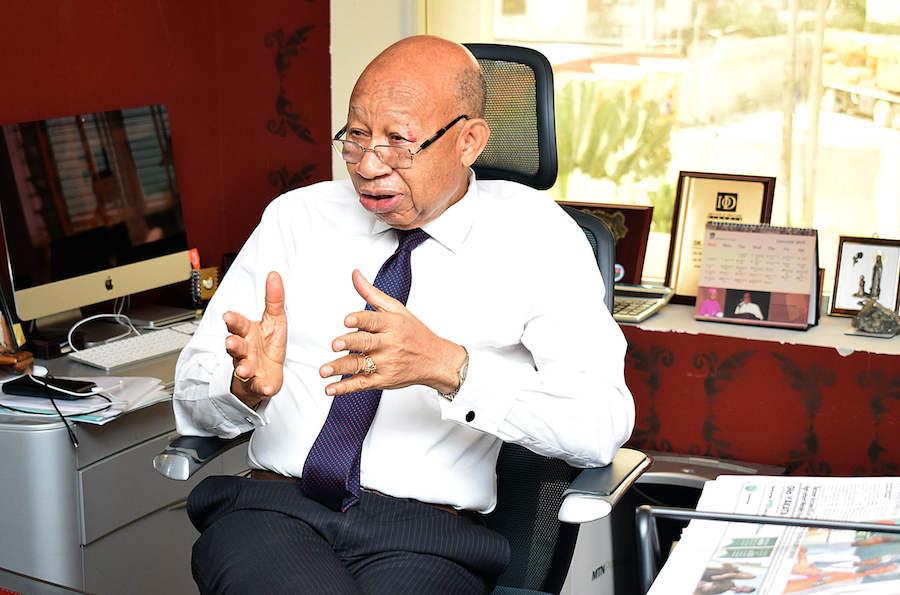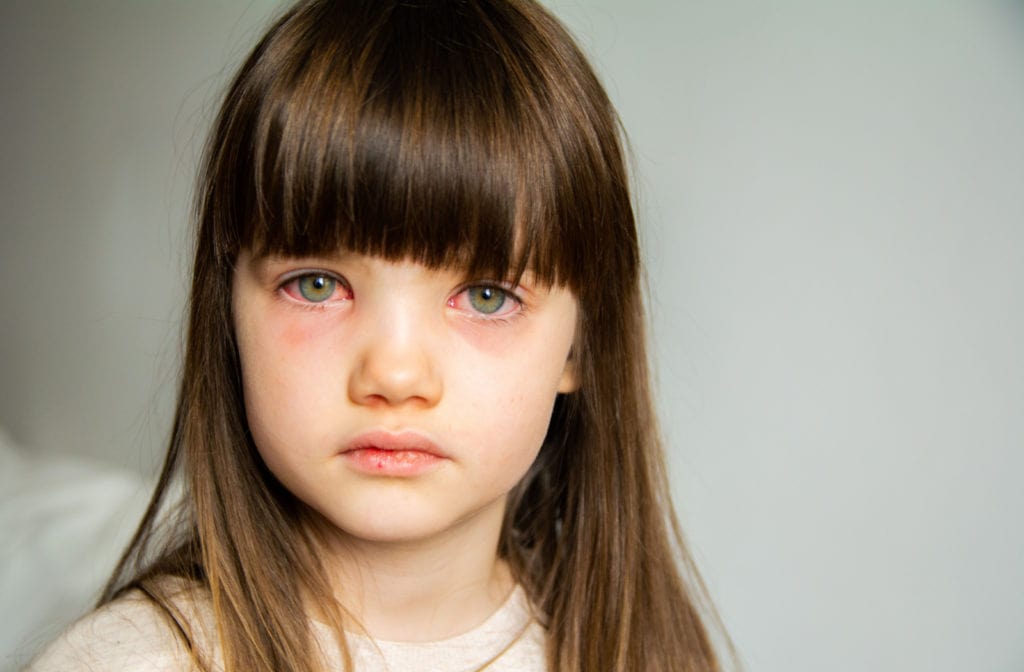Legendary singer and Grammy-winning artist Roberta Flack, best known for her timeless hit “Killing Me Softly With His Song,” has died at the age of 88.
Flack’s publicist confirmed her passing on Monday but did not provide a cause of death. However, in recent years, the singer had been battling amyotrophic lateral sclerosis (ALS), also known as Lou Gehrig’s disease, which had robbed her of her ability to sing since her diagnosis in 2022.
“She died peacefully, surrounded by her family,” the statement read.
A Trailblazer in Music and Culture
Roberta Flack was one of the most distinctive voices of the 1970s, blending elements of R&B, jazz, folk, and classical music into what she called “scientific soul.” Her smooth, intricate sound played a key role in the rise of the quiet storm radio format, known for its soft, sensual R&B ballads that influenced generations of musicians.
“I’ve been told I sound like Nina Simone, Nancy Wilson, Odetta, Barbra Streisand, Dionne Warwick, even Mahalia Jackson,” Flack said in a 1970 interview with The New York Times. “If everybody said I sounded like one person, I’d worry. But when they say I sound like them all, I know I’ve got my own style.”
Her influence was widely acknowledged in the music industry. Jennifer Hudson hailed Flack as “one of the great soul singers of all time,” while Roots drummer Questlove paid tribute, writing, “Thank you, Roberta Flack. Rest in Melody.”
Early Life and Musical Beginnings
Roberta Cleopatra Flack was born on February 10, 1937, in Black Mountain, North Carolina, and raised in Arlington, Virginia. She came from a musical family, deeply influenced by gospel traditions.
At an early age, she displayed a remarkable talent for the piano, which led to her earning a music scholarship to Howard University at just 15 years old—an extraordinary achievement.
In a 2021 interview with Forbes, Flack recalled how her father rescued an old piano from a junkyard, restored it, and painted it green for her to play.
“This was my first piano and the instrument that inspired me to express myself through music,” she said.
She began her career performing in Washington, D.C. jazz clubs, where she was eventually discovered by jazz musician Les McCann. He helped her secure a deal with Atlantic Records, launching her recording career at the age of 32—relatively late for a rising star.
Breakthrough with ‘The First Time Ever I Saw Your Face’
Flack’s rise to fame was swift after actor Clint Eastwood used her song “The First Time Ever I Saw Your Face” in his 1971 film “Play Misty for Me.” The song became a massive hit, earning her the Grammy Award for Record of the Year in 1972.
A year later, she made history by winning the same award again in 1973 for “Killing Me Softly With His Song,” becoming the first artist ever to win Record of the Year two years in a row.
Flack discovered “Killing Me Softly” after hearing folk singer Lori Lieberman’s 1971 version while on a flight. She immediately rearranged it, and when she performed the song at a concert where Quincy Jones was in attendance, he was so impressed that he advised her not to perform it live again until she had recorded it properly.
The song went on to become the defining hit of her career.
In 1996, the Fugees revived “Killing Me Softly” with a hip-hop-influenced version featuring Lauryn Hill on vocals. The song became an international hit, introducing Flack’s music to a new generation of listeners and winning another Grammy Award.
A Legacy of Duets and Musical Excellence
Flack also formed a creative partnership with Donny Hathaway, a fellow Howard University graduate. Together, they recorded the acclaimed duet album that featured hits like “Where Is The Love” and their rendition of Carole King’s “You’ve Got a Friend.”
Throughout her career, Flack continued to push musical boundaries, earning multiple awards and honors, including:
- A Grammy Lifetime Achievement Award (2020)
- Multiple Grammy wins and nominations across five decades
- International recognition for her influence in R&B and jazz music
A Voice for Social Justice
Beyond music, Flack was an active participant in the civil rights movement and a friend to prominent activists like Reverend Jesse Jackson and Angela Davis. She also performed at the funeral of baseball legend Jackie Robinson, the first Black player in Major League Baseball.
Reflecting on her journey, Flack once said:
“I grew up at a time when ‘Black’ was the most derogatory word you could use. I went through the civil rights movement. I later learned that being Black was the most positive thing we could be.”
She also used her music as a platform for protest and activism, though she preferred to approach it with love.
“I did a lot of songs that were considered protest songs, a lot of folk music,” she said, “but I protested as a singer with a lot of love.”
A Lasting Influence
Flack’s ability to blend soul, jazz, pop, and folk into deeply emotional songs set her apart as one of the greatest vocalists and musicians of her time.
Her work continues to inspire new generations of artists, proving that her legacy will endure far beyond her lifetime.
As music lovers around the world mourn her passing, Roberta Flack’s songs will continue to resonate, touching hearts just as they have for decades.













